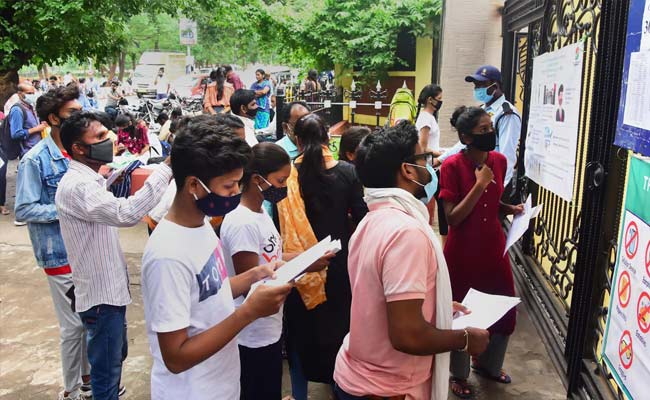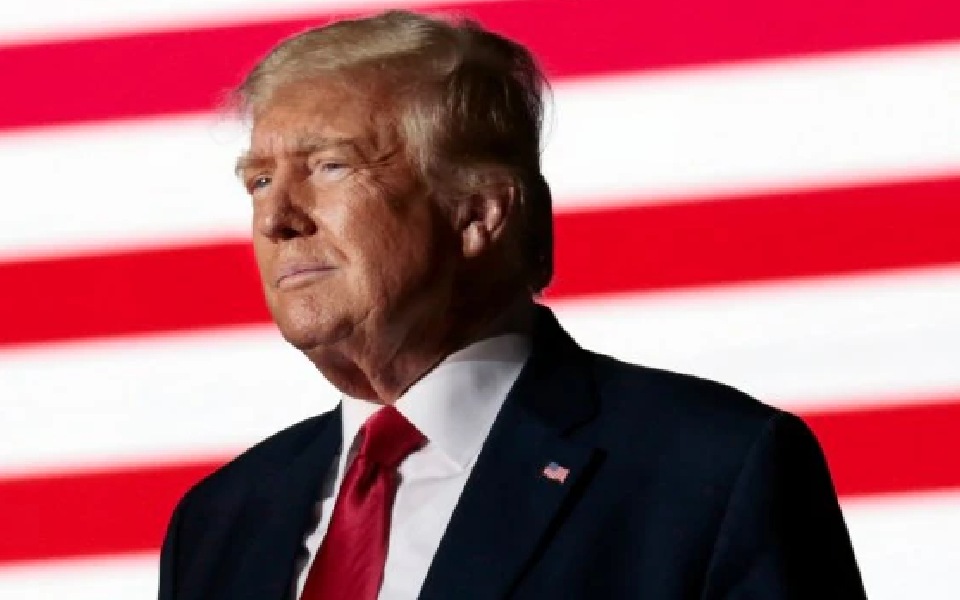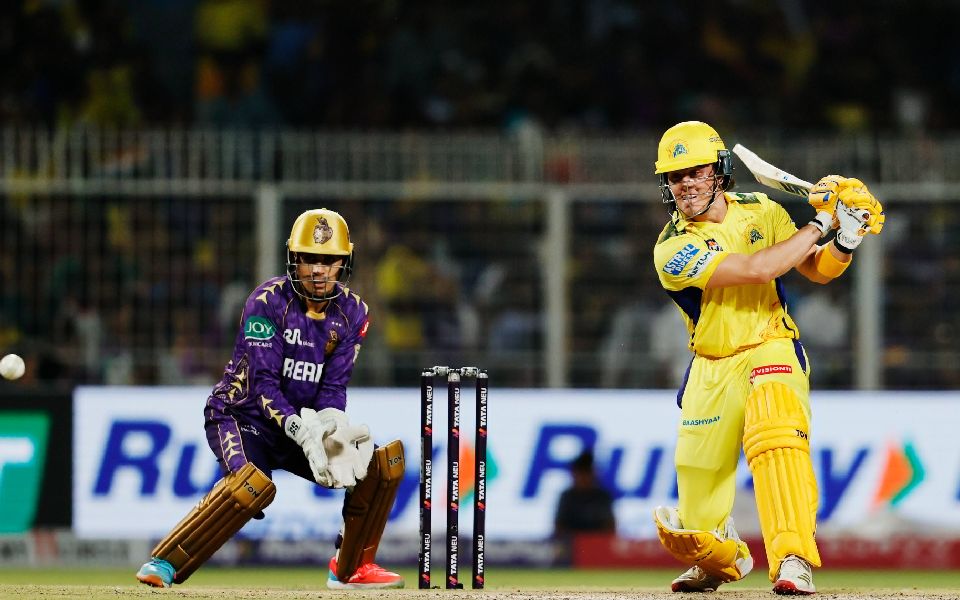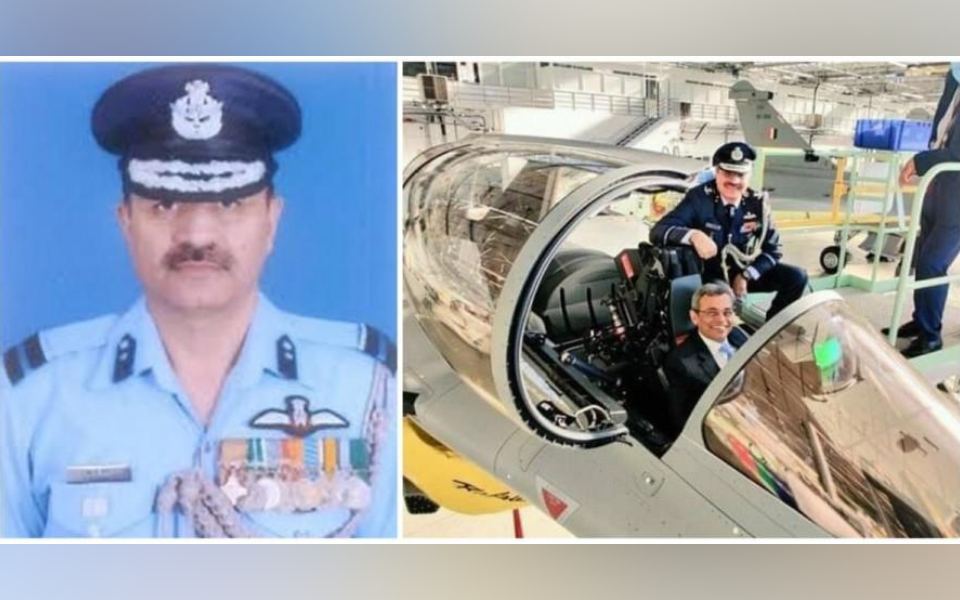The National Testing Agency (NTA) has confirmed that Section B of the Joint Entrance Examination (JEE) Main 2025 will no longer feature optional questions. This change will apply to both the Engineering (BE/BTech, Paper 1) and Architecture and Planning (BArch/BPlanning, Paper 2) tests.
Additionally, the NTA has announced that the official website for JEE Main 2025 is [jeemain.nta.ac.in](http://jeemain.nta.ac.in), with the registration process expected to begin shortly.
The optional questions were introduced in 2021 to address academic challenges resulting from the COVID-19 pandemic. In the previous three editions of the engineering entrance exam, each question paper included 90 questions: 20 questions each from Physics, Chemistry, and Mathematics in Section A, and 10 questions from each subject in Section B. Candidates were required to attempt five questions from Section B.
Starting in 2025, the NTA will revert to the original JEE Main format, which includes 25 questions each for Physics, Chemistry, and Mathematics. According to the NTA notification, "Since the declaration by the UN World Health Organization (WHO) on May 5, 2023, that the COVID-19 public health emergency has ended, it has been decided to discontinue the optional selection of questions." Consequently, Section B will consist of five mandatory questions per subject, with no options available.
JEE Main 2025 will be conducted twice to select candidates for undergraduate programs in engineering, planning, and architecture at Indian Institutes of Information Technology (IIITs), National Institutes of Technology (NITs), and other technical institutions. It will also serve as the qualifying exam for the IIT JEE Advanced.Candidates are encouraged to regularly check the NTA website for the latest updates and information.
Let the Truth be known. If you read VB and like VB, please be a VB Supporter and Help us deliver the Truth to one and all.
New York/Washington, May 7 (PTI): US President Donald Trump on Tuesday said India has “agreed” to drop its high tariffs “to nothing”.
“I mean, India as an example, has one of the highest tariffs in the world. We’re not going to put up with that, and they’ve agreed already to drop it. They’ll drop it to nothing. They’ve already agreed. They would have never done that for anybody else but me,” Trump told reporters in the Oval Office.
Trump and visiting Canadian Prime Minister Mark Carney spoke to reporters as they met in the Oval Office to discuss the US-Canada trade.
“So we’re going to put down some numbers and we’re going to say our country is open for business and they’re going to come in and they’re going to pay for the privilege of being able to shop in the United States of America. It’s very simple. It’s very simple,” he added.
In the past, Trump has called India “tariff king” and a “big abuser”.
Last month, Trump had said that negotiations with India over a bilateral trade deal are “coming along great” and he thinks “we’ll have a deal with India”.





